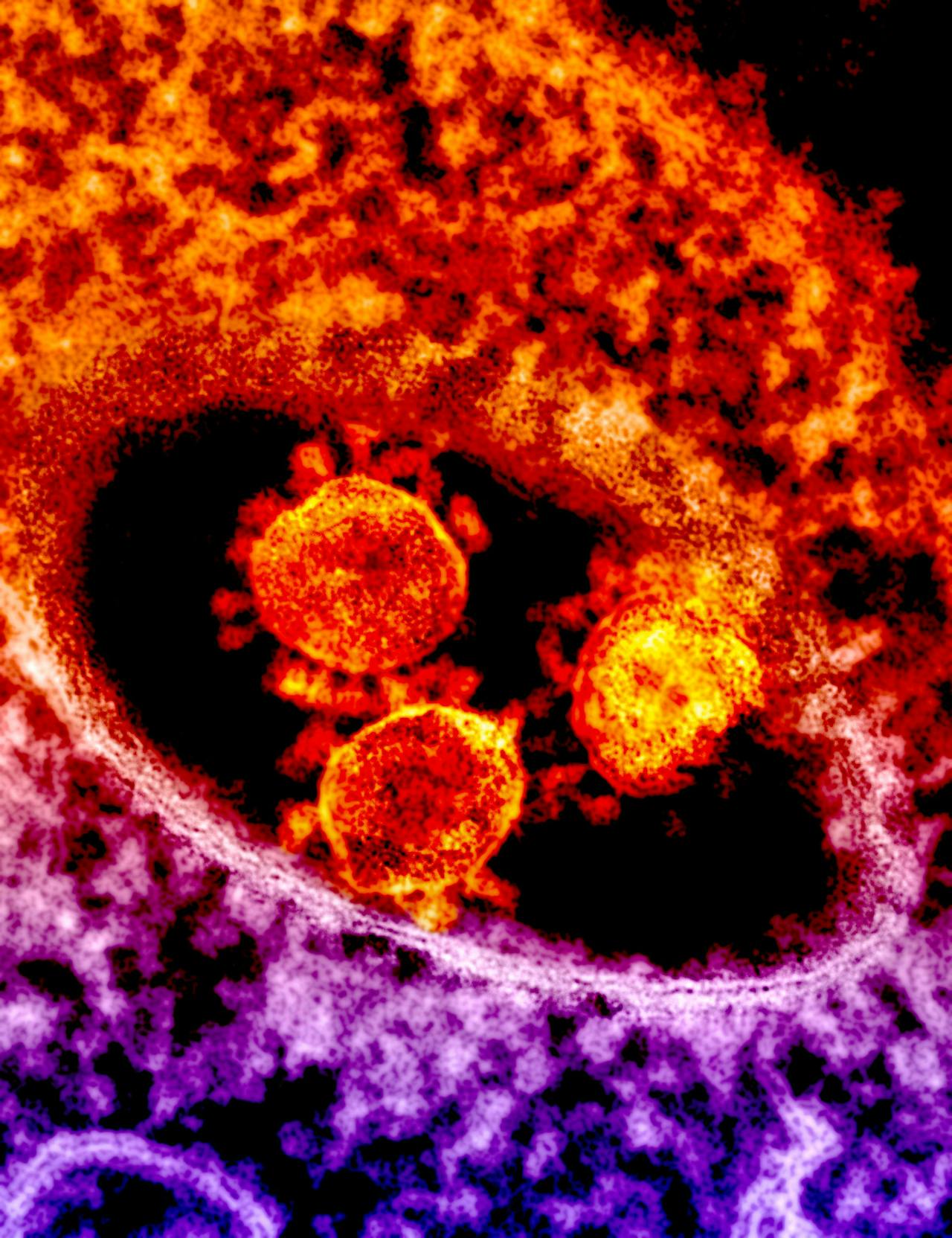Copyright © 2024 - Gearlabblog.com

Norovirus, commonly known as the “winter vomiting bug,” is causing a significant rise in cases across the United States. This highly contagious virus spreads quickly and can lead to uncomfortable symptoms. Here’s what you should know about this stomach bug, how to protect yourself, and when to seek help.
Norovirus is a viral infection that primarily affects the stomach and intestines, causing inflammation known as gastroenteritis. It is infamous for its ability to spread rapidly, especially in crowded places like schools, hospitals, and cruise ships.
If you come into contact with norovirus, symptoms usually appear within 12 to 48 hours. Common signs include:
These symptoms typically last one to three days, but the virus can still spread even after you feel better.
Norovirus spreads through contaminated food, water, or surfaces. It can also pass from person to person through direct contact. Key sources include:
Even a tiny amount of the virus is enough to cause illness, making it one of the most contagious stomach bugs.
While there’s no vaccine for norovirus, there are simple steps you can take to reduce the risk of infection:
Most cases of norovirus resolve on their own, but dehydration can be a serious concern, particularly for young children, the elderly, and those with weakened immune systems. Seek medical attention if you or a loved one experience:
Health officials are urging the public to remain vigilant. The Centers for Disease Control and Prevention (CDC) emphasize that proper hygiene is the best defense against norovirus. Experts also recommend staying hydrated and resting during recovery.
Norovirus is unpleasant but manageable with the right precautions. By staying informed, practicing good hygiene, and being mindful of food safety, you can reduce your risk of infection.